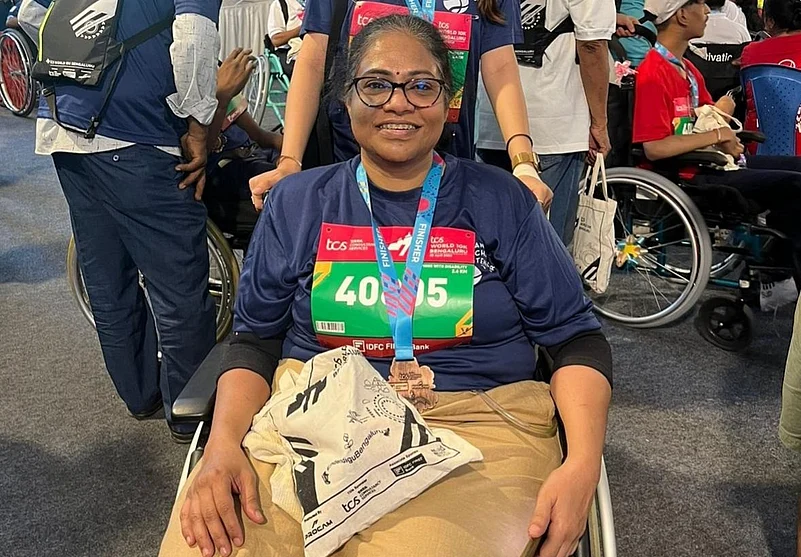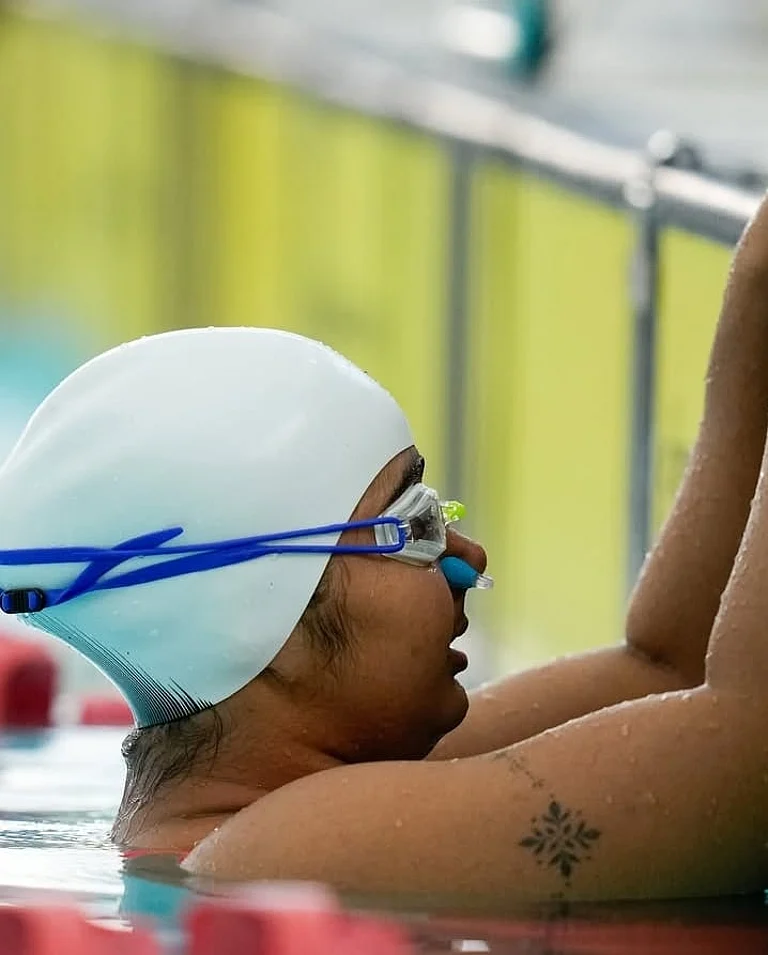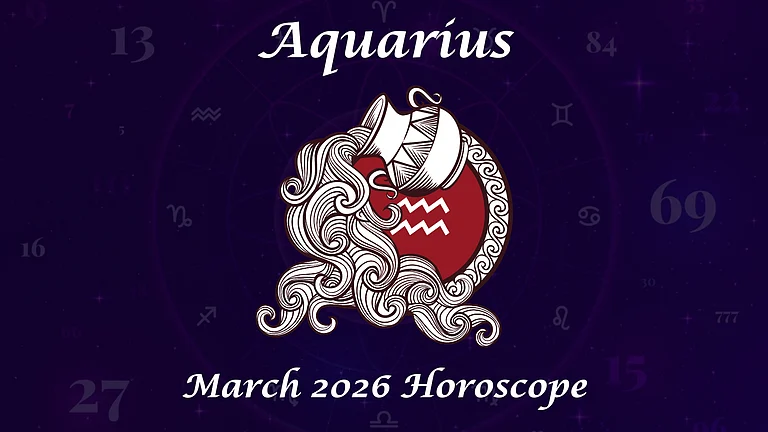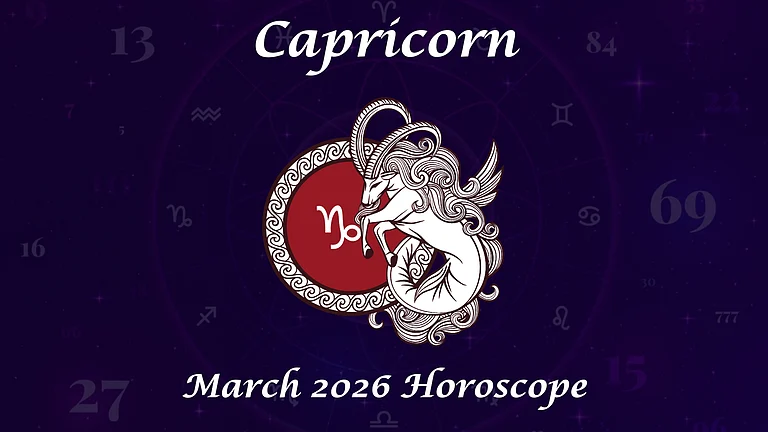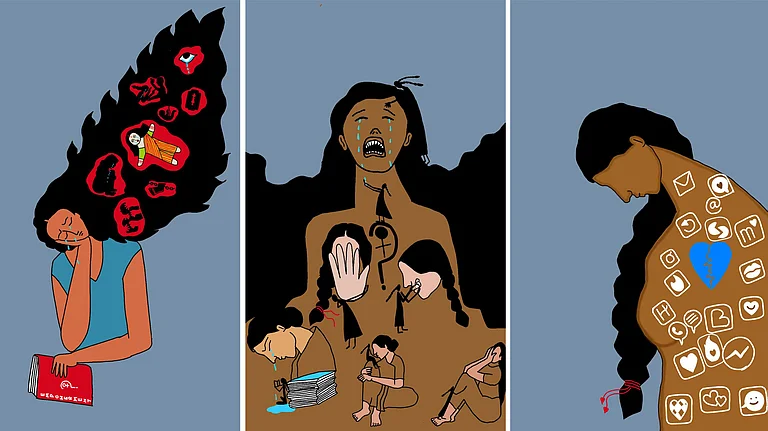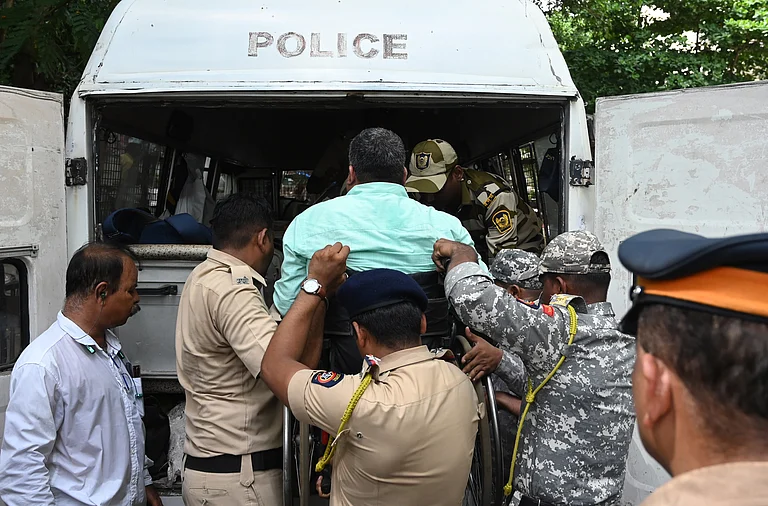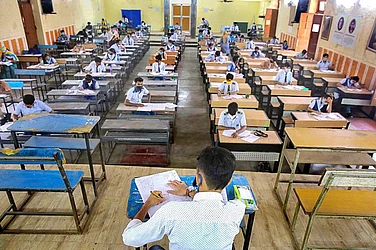
For someone who always valued independence, accepting help became Paturi's greatest challenge.
She realised asking for help does not take away from who she is, but adds to her strength.
She discovered dignity in vulnerability, resilience in community, and hope in caring.
When I think back to the day of my spinal cord injury, I remember a before and after. Before, I lived life on my own terms—independent, in control, and certain of my place in the world. After, I woke up in a hospital bed, my body refusing to respond, and my sense of self was shaken to the core.
In an instant, the world I had known was replaced by one filled with hospital beds, medical routines, and the harsh reality of dependence. For someone who had always valued independence, accepting help became my first—and perhaps greatest—challenge. However, as an individual being part of the rat race for 15 years, I started enjoying my stay in bed, though awkwardly, in terms of the attention I received, the services that were provided etc., but this lasted only for some time.
In the hospital, I quickly realised that I could not do even the most basic tasks without assistance. Eating, bathing, moving from one position to another—all required someone else’s hands. The first time a nurse helped me bathe, I felt exposed, not just physically but emotionally. It was as if my dignity had been peeled away along with the hospital gown.
When I came home, I stepped into a new world, one where caregivers became part of my everyday reality. At first, I resisted them. Every act of help felt like a reminder of what I had lost. I remember snapping once at a caregiver for doing something “the wrong way,” when in truth, it wasn’t about the task—it was about me not being ready to admit that I needed help at all.
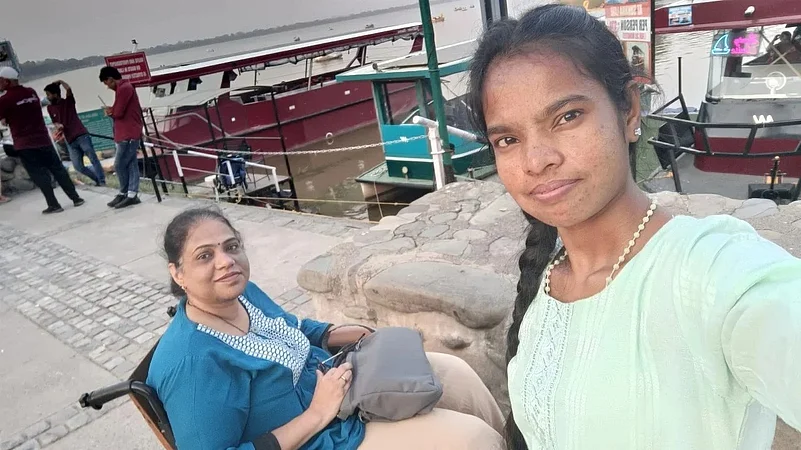
This journey was not without struggles. There were moments of frustration—when I felt misunderstood, or when the balance between care and independence seemed hard to strike. But those very moments taught me the importance of communication, empathy, and trust. I began to understand that accepting help did not mean losing myself. In fact, it opened doors to new ways of living, new bonds of connection, and new definitions of strength. Slowly, something shifted. I also started to understand that caregiving is more than just completing tasks. It’s patience when I am frustrated. It’s quiet encouragement when I doubt myself. It’s being present, even in silence, when words aren’t enough.
My mother and husband became my first and primary caregivers and I could soon see exhaustion in them, the silent agony they have been going through physically, emotionally and financially.
I have had caregivers who became like family—sharing in my small victories, like sitting up without assistance, or simply laughing together on a difficult day. I’ve also had times when the relationship was strained, when I longed for independence and they didn’t fully understand my need for space. Those moments taught me that caregiving is not one-sided. It is a relationship built on communication, trust, and respect from both sides. I am also fortunate to have a few caregivers who became my extended family, who not only helped me physically and emotionally but also brought customers for my small business.

There have been many caregivers who came and went since 2011—30-plus approximately. Every time a new caregiver steps in, I become a trainer for them. Hence, I never felt that I left my profession—my last job was as a communications trainer—and I have been jobless.
Perhaps the greatest lesson I’ve learnt is that asking for help does not take away from who I am. Instead, it adds another layer to my strength. My caregivers don’t just “do” things for me—they walk beside me as I rebuild my life in new ways.
I no longer see caregiving as a symbol of loss. I realised that even before the accident, I was dependent on helpers for various tasks, but I was not labelled as disabled. Hence, gradually, I started seeing caregiving as a partnership, an interdependence that reminds me we are never meant to journey through life alone. Through their presence, I’ve discovered dignity in vulnerability, resilience in community, and hope in the shared humanity of being cared for—and caring back.
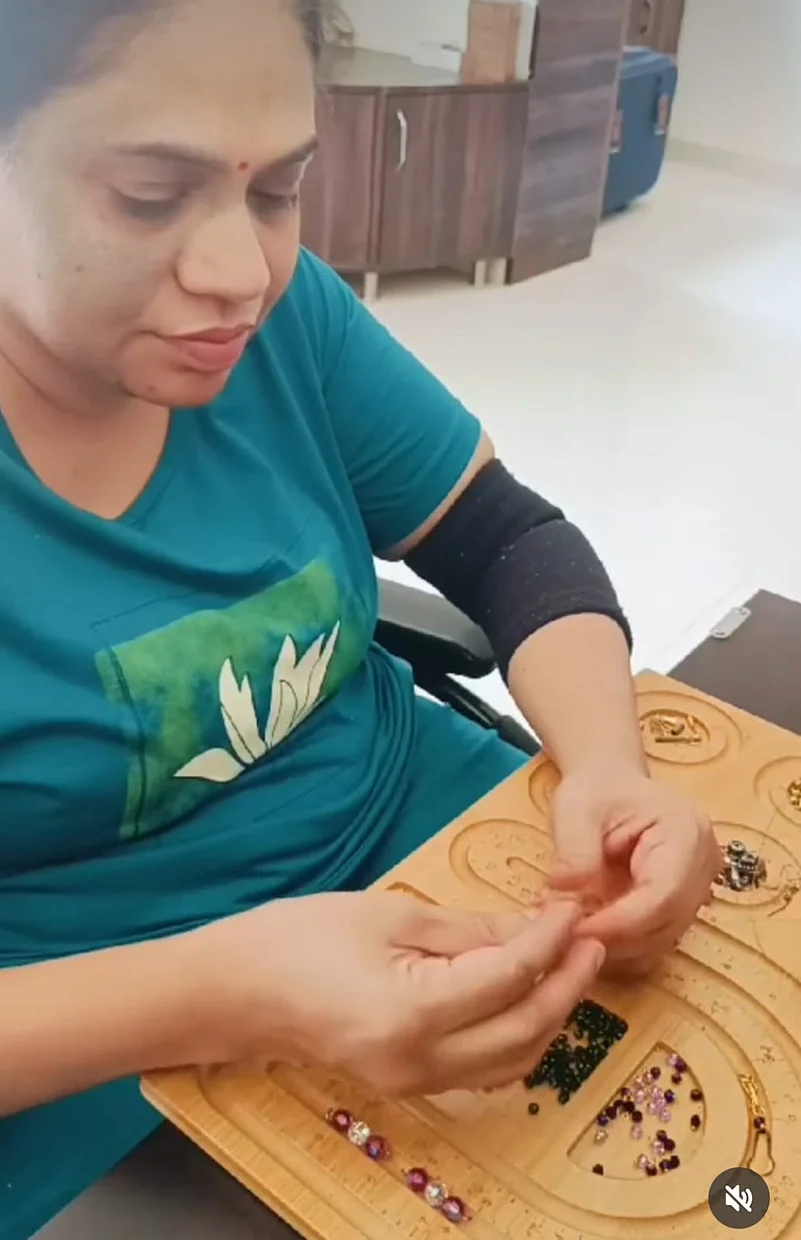
I no longer call them MAIDS but my HELPERS, without whom I cannot survive. Thank God for putting me in this situation. It made me realise what actually matters in this world.
Today, I can vouch that I have mastered the art of handling and honouring caregivers, understanding where to draw the line without losing my privacy while not hurting their feelings.
Madhuri Paturi worked at various corporates for 15 years before she met with an accident in 2010. Her last job was as a communication skills trainer. In 2013, she ventured into jewellery designing. She is also a certified peer trainer for people with spinal cord injuries.






